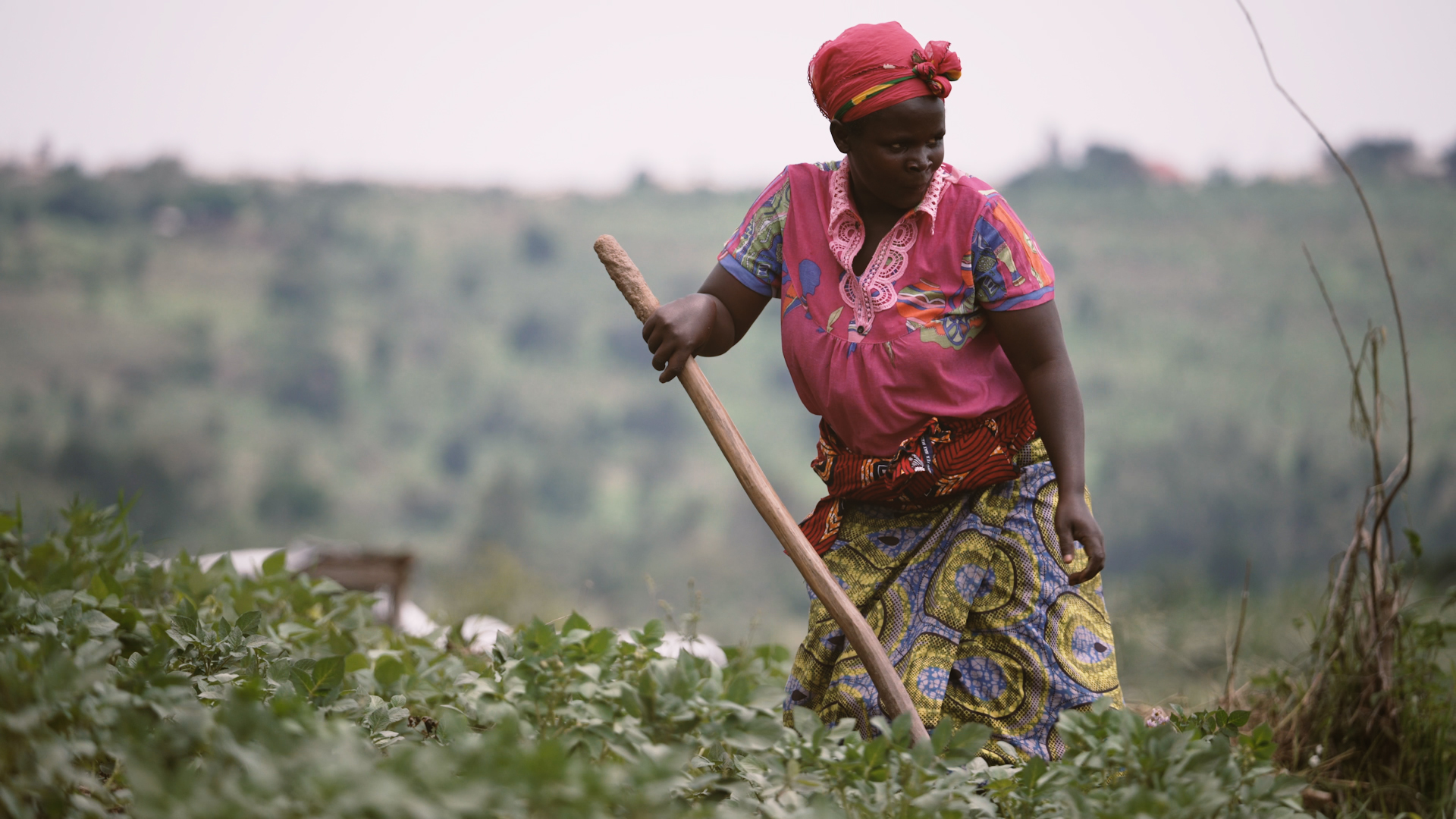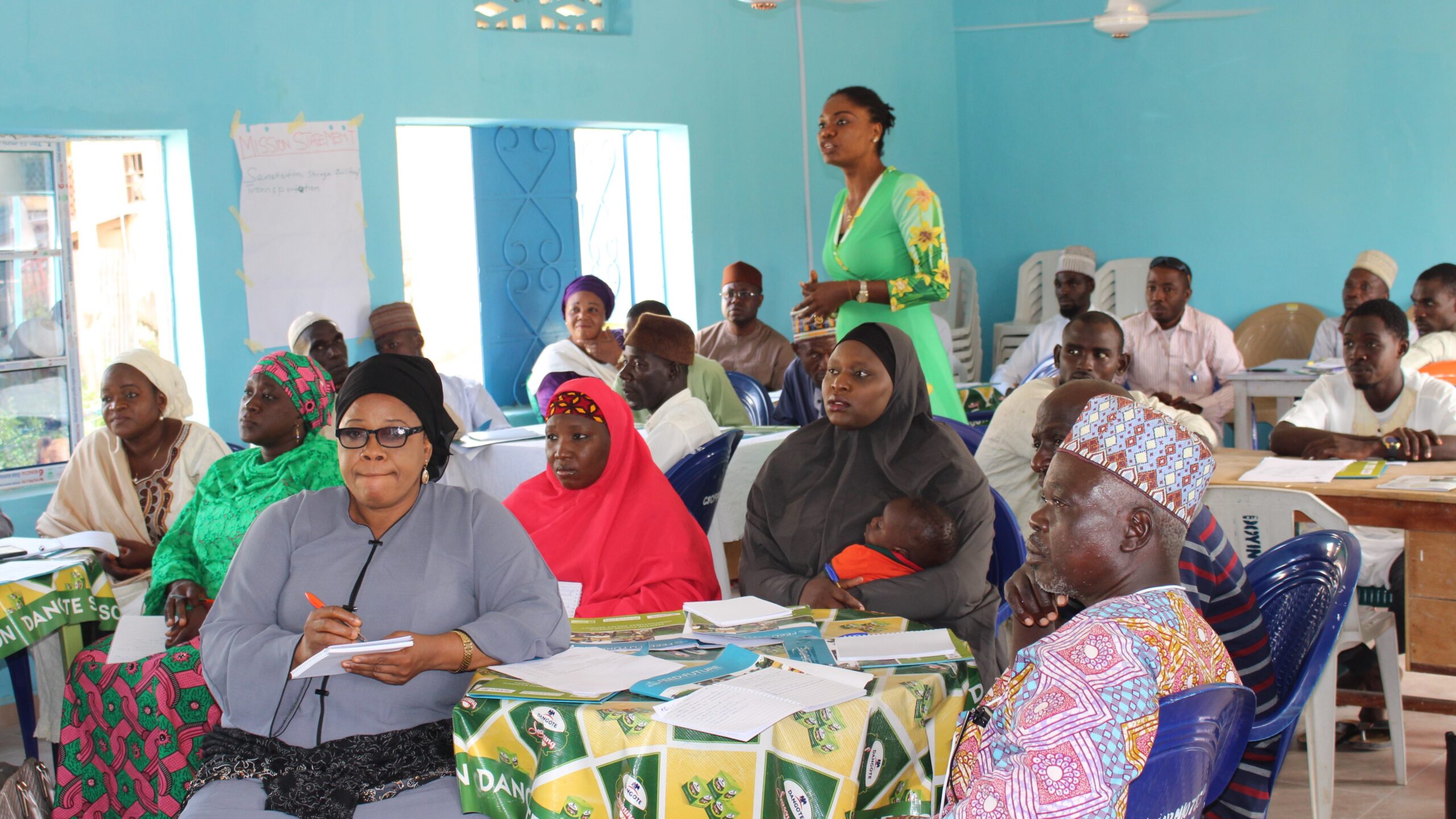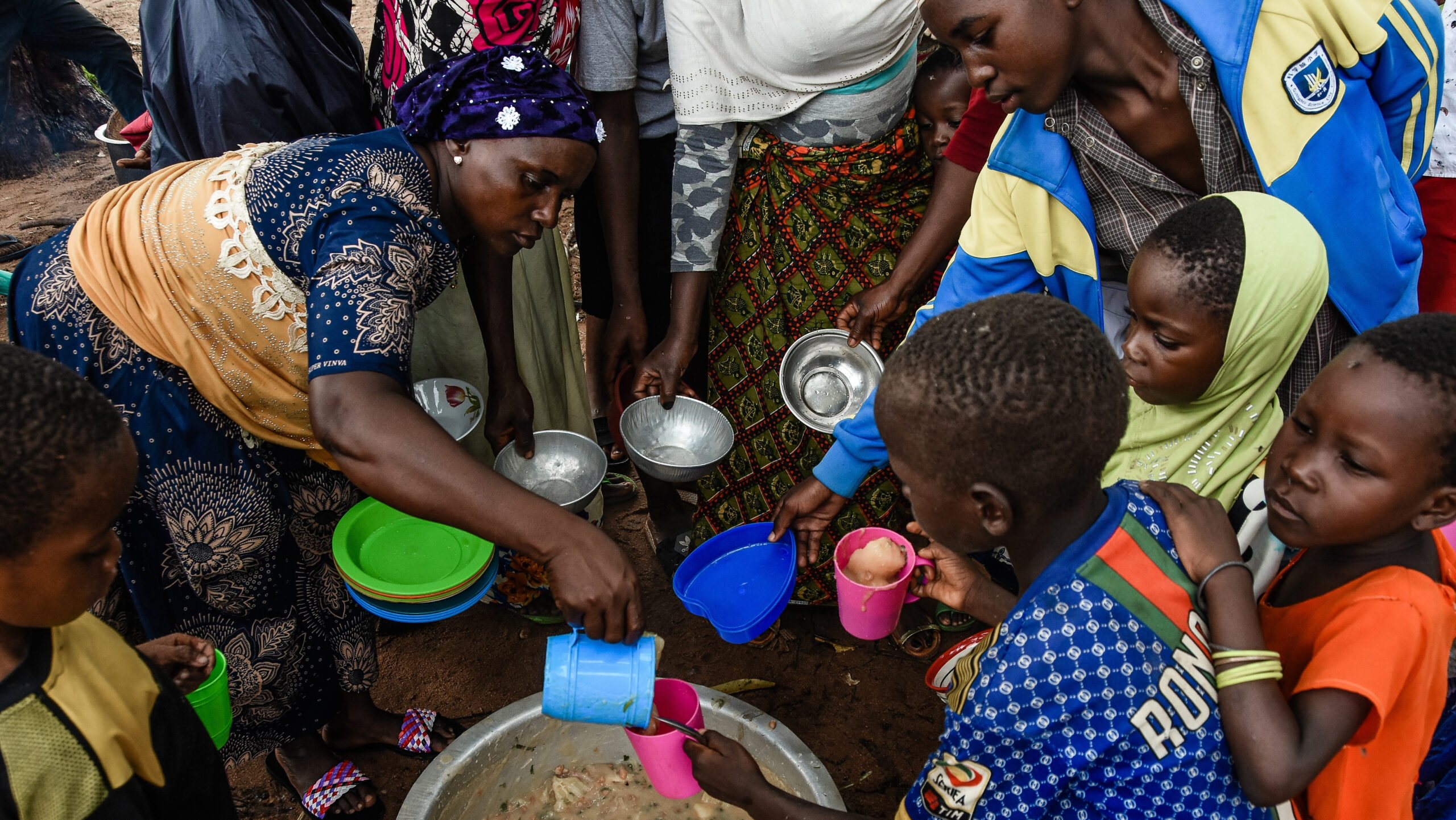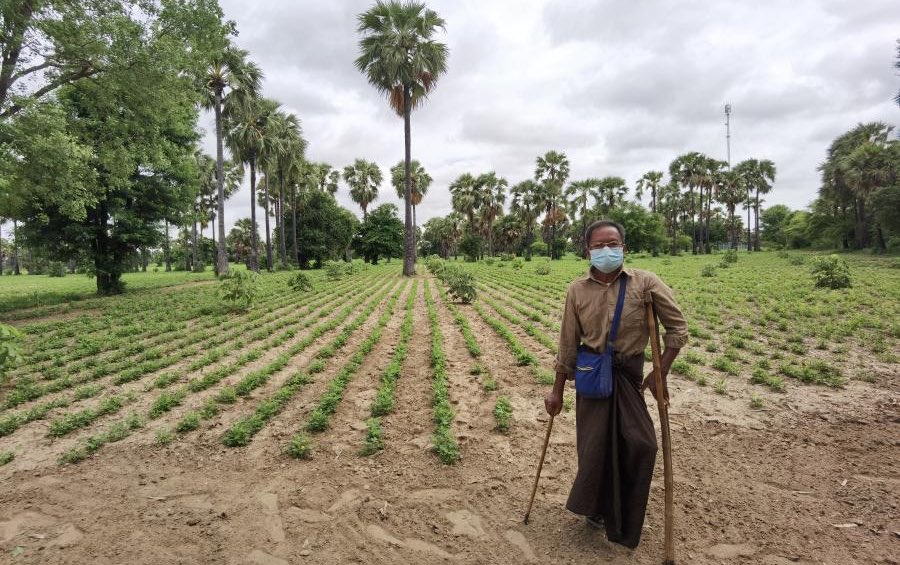Healthy soils play a critical role in supporting agricultural productivity, climate change adaptation and mitigation, and a range of ecosystem services. Yet sub-Saharan Africa has experienced the most severe land degradation in the world.
There is no shortage of established ways to improve and restore soils—however, these all too often remain “on the shelf” or are not adopted at scale for a myriad of reasons, including sociocultural, institutional, economic, and policy barriers. Gender inequality is deeply embedded in and reinforces these barriers, particularly as most soil health interventions remain gender-neutral, often worsening existing inequities.
This year’s UN Desertification and Drought Day (June 17) focuses on the theme “Restore the land. Unlock the opportunities.” IFPRI and CGIAR have for more than 20 years supported Uganda’s soil health strategies with a focus on the interlinked challenges of soil degradation and gender inequities—with the aim of designing programs that result in healthier soils and better environmental stewardship, improved agricultural yields, and greater women’s empowerment.
Gender gaps in African agriculture
In sub-Saharan Africa, agrifood systems account for 66% of women’s and 60% of men’s employment. Yet gender inequalities, such as women’s lower access to both resources and knowledge, account for a 24% gap in productivity between women and men farmers on farms of equal size.
Developing policies and programs with better context and culture-specific understandings and approaches to empowering women could provide a much-needed productivity boost—and support soil health and balanced plant nutrition.
In 2024 IFPRI and partners implemented an intra-household survey and soil analysis in Uganda (the third round after earlier surveys in 2003 and 2013) in support of the African Union’s African Fertilizer and Soil Health Action Plan: 2023-2033 and accompanying Nairobi Declaration. The surveys form part of a two-decade collaboration with the National Agricultural Research Organization (NARO) (part of the Ministry of Agriculture, Animal Industry and Fisheries (MAAIF)).
This analysis of long-term changes in soil health of plots managed by women and men farmers across the country directly informs the fertilizer and soil health action plan led by Uganda’s newly established Agricultural Policy Research Center. A key aim is to understand how a farmer’s gender affects long-term changes in soil health and to develop interventions that address both land degradation and gender inequity, in support of the AU action plan.
The survey collected data from 785 women and men and more than 1,000 plots across the country. Respondents often recalled earlier data collection rounds and were willing to offer long hours to share their experiences, underscoring the land’s importance to these farmers and their desire to improve land management for future generations.
Soil health challenges
The 2024 survey confirmed the findings of earlier rounds: Only a small share of plots receive sustainable land management practices essential for soil health and practices continue to differ between plots managed by women and men. Men are more likely to use irrigation and inorganic fertilizers, which are both costly to obtain. Women, on the other hand, are more likely to rotate between crops, incorporating nitrogen-fixing crops, to improve fertility; they are also more likely to apply animal manure than men—on 15% of the plots they manage. Importantly, on average, only around one-third of the plots benefited from sustainable land management practices.
Moreover, the application of many sustainable land management practices has barely increased over time. While irrigation increased five-fold from 2003-2024, in 2024 it was still only practiced on 1% of all plots examined in the survey. In 2024, crop rotation was the dominant management practice, applied on 39% of plots. Land fallowing dramatically declined: It was used on 20% of all plots in 2003 but only 2% of plots in 2024. Interestingly, farmers applied pesticides on 17% of all plots but inorganic fertilizers on only 8% of all plots. And while the use of inorganic fertilizers increased overall from 2003-2024, the increase was larger on men’s and joint plots than on women’s plots.
Agroforestry is an important strategy to fight land degradation. Yet its use on women’s plots fell by 11% from 2003-2024. Agroforestry was employed on 43% of women’s plots in 2024, compared to 54% on men’s plots and 56% on jointly-managed plots.
More encouragingly, farmers’ poverty levels declined from 44% in 2003 to 18% in 2024 (in nominal terms). At the same time, gender complicates the picture. A higher share of female-headed households now manage farms. Yet female-headed farm households remained poorer overall, slowing the downward trend in rural poverty. This further strengthens the case for soil health and other agricultural strategies that can directly support women farmers and female-headed households.
Regional variations
The survey also showed ways that diverse local conditions affect land management. In densely populated areas such as Iganga, in Uganda’s Eastern Region, and Masaka, in the Central Region, farmers generally acknowledged that the overuse of land without rest-fallow is a significant factor contributing to soil degradation.
For instance, an older woman from Bupala village in Iganga explained some of the pressures on land use: “This is the only piece of land I have. I inherited it from my parents. I use it to grow crops like maize, cassava on a seasonal basis since I have no money to rent-in land. Even in cases where I would sharecrop in land, the owners of land normally want to take the greatest share of my crop.”
In contrast, areas with lower population densities such as the Northern Region still enjoy relatively fertile soils, as explained by a woman farmer in Oleo village in Terego (formerly part of Arua) District: “For us, we have a lot of land. Being customary [family-held] land, some of our relatives went to Arua and Kampala and left us in charge. We can hardly till the land because it is too big. This season you can plant in one plot soybeans and move to another piece that is fertile in the following season.”
Conclusion
The 20-year Uganda soil survey serves as a reminder of the deep connection between farmers and their land and the importance of close engagement in efforts to improve soil management and gender equity.
While land degradation remains a persistent challenge, farmers’ willingness to engage in long-term research and adopt better management practices offers hope for the future. With the AU action plan and survey data to draw on, Uganda has an opportunity to move decisively toward sustainable land management, helping its farmers overcome the challenges of soil degradation and build a more resilient and equitable agricultural sector.
Claudia Ringler is Director of IFPRI’s Natural Resources and Resilience (NRR) Unit based in Washington, DC; Edward Kato is an NRR Senior Research Analyst based in Kampala, Uganda; and Geoffrey Kiguli is Director of Homeland Data Services, Uganda. Opinions are the authors’.
This work received support from the CGIAR Policy Innovations Program.







